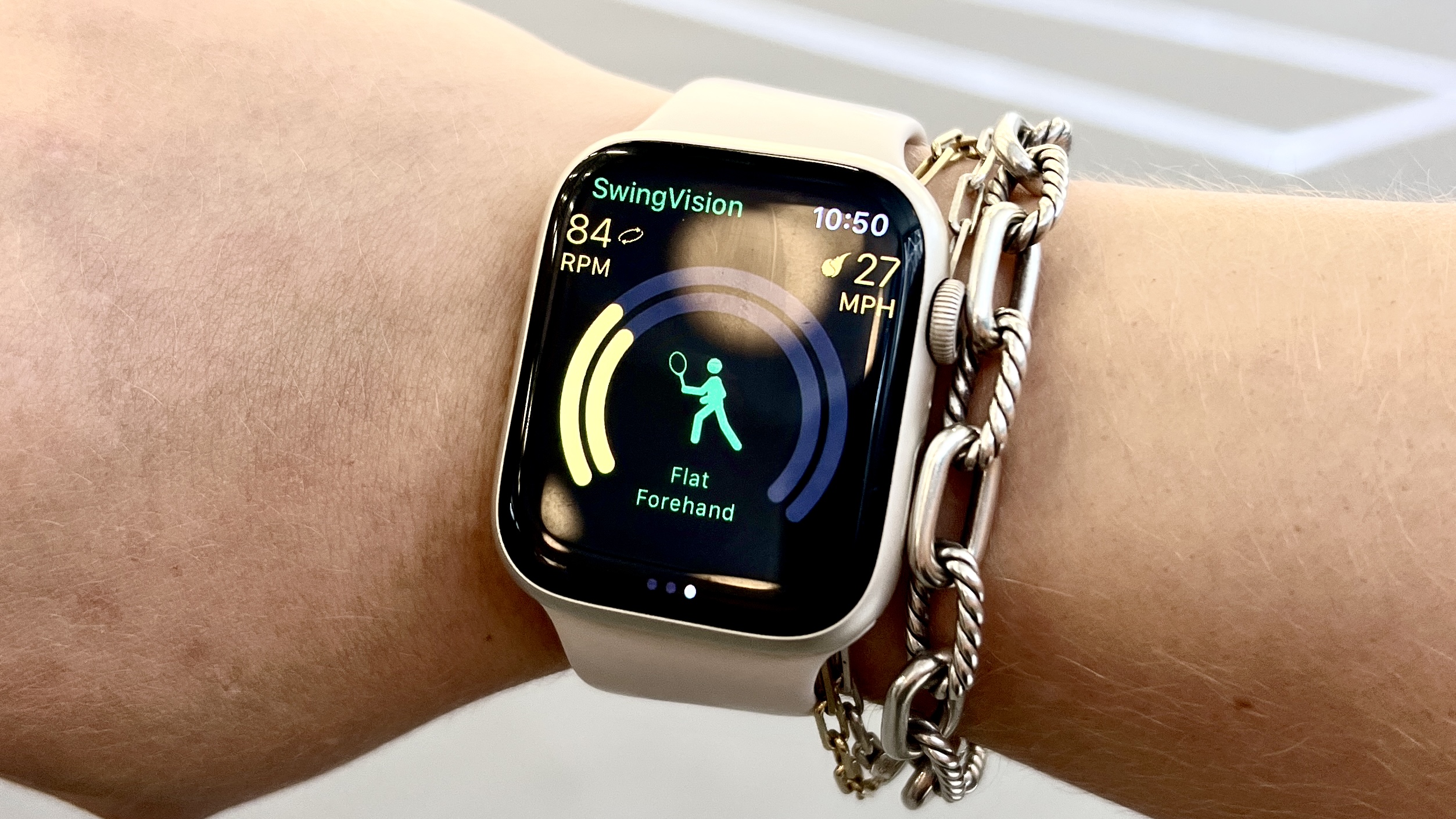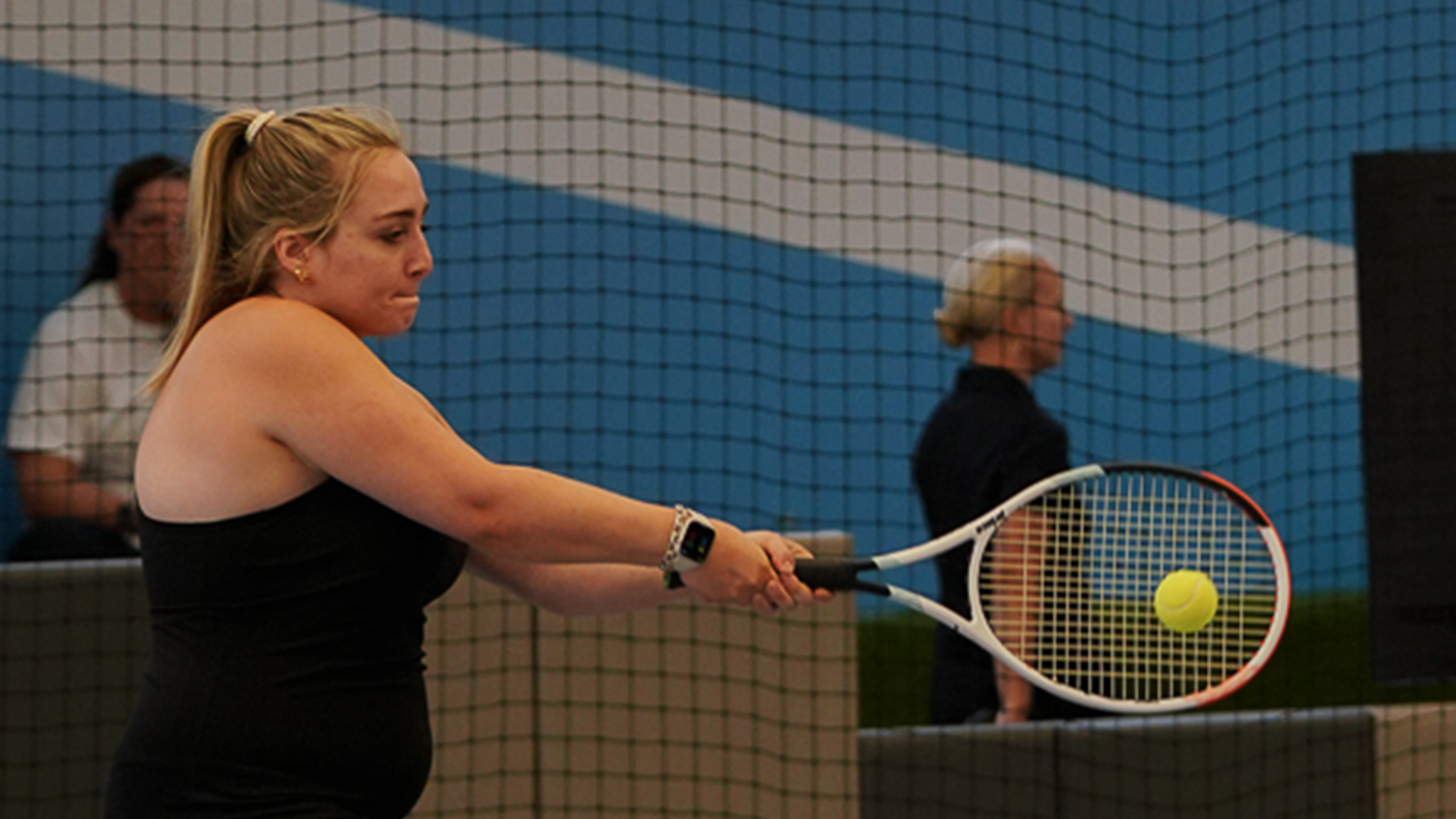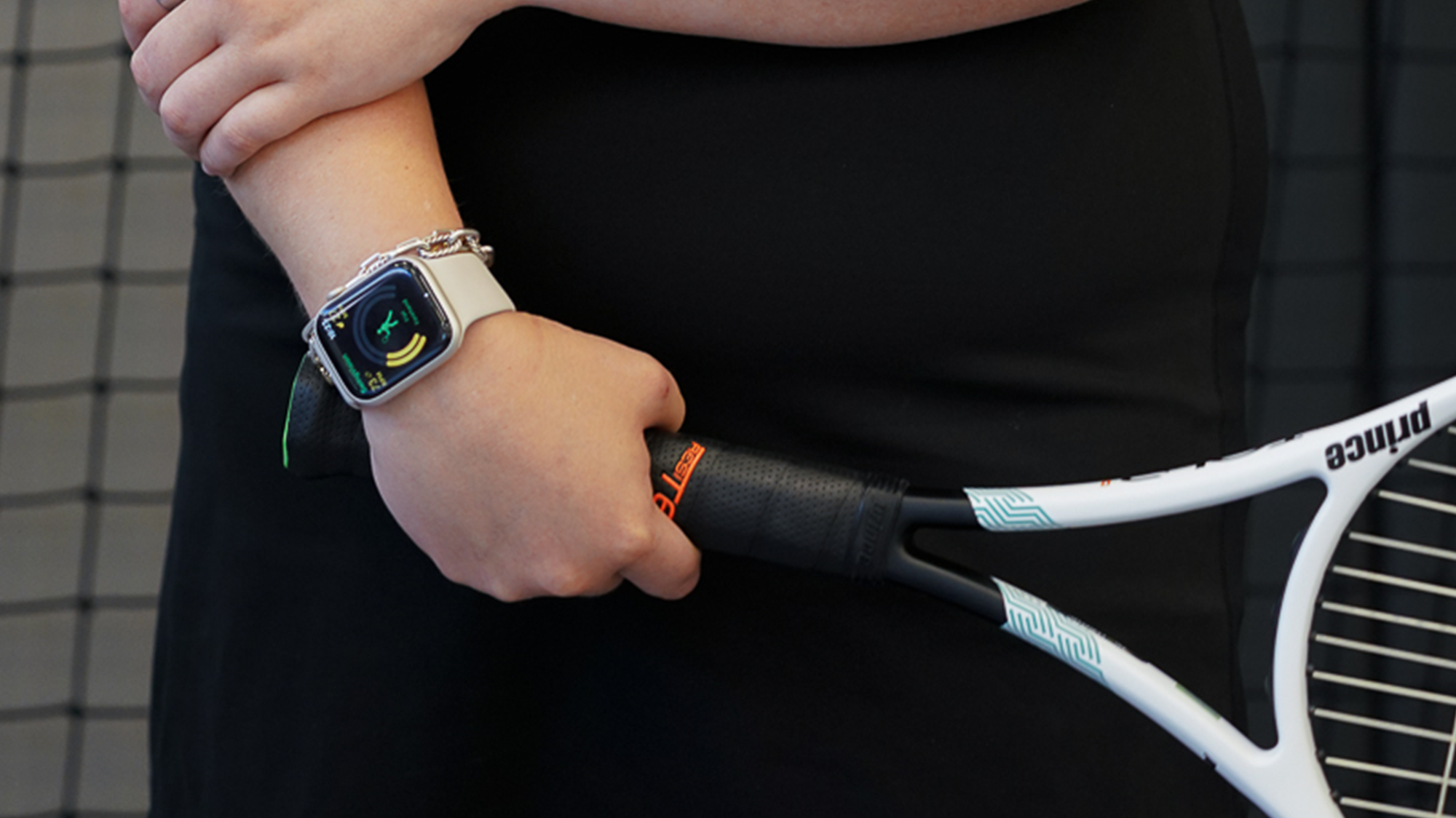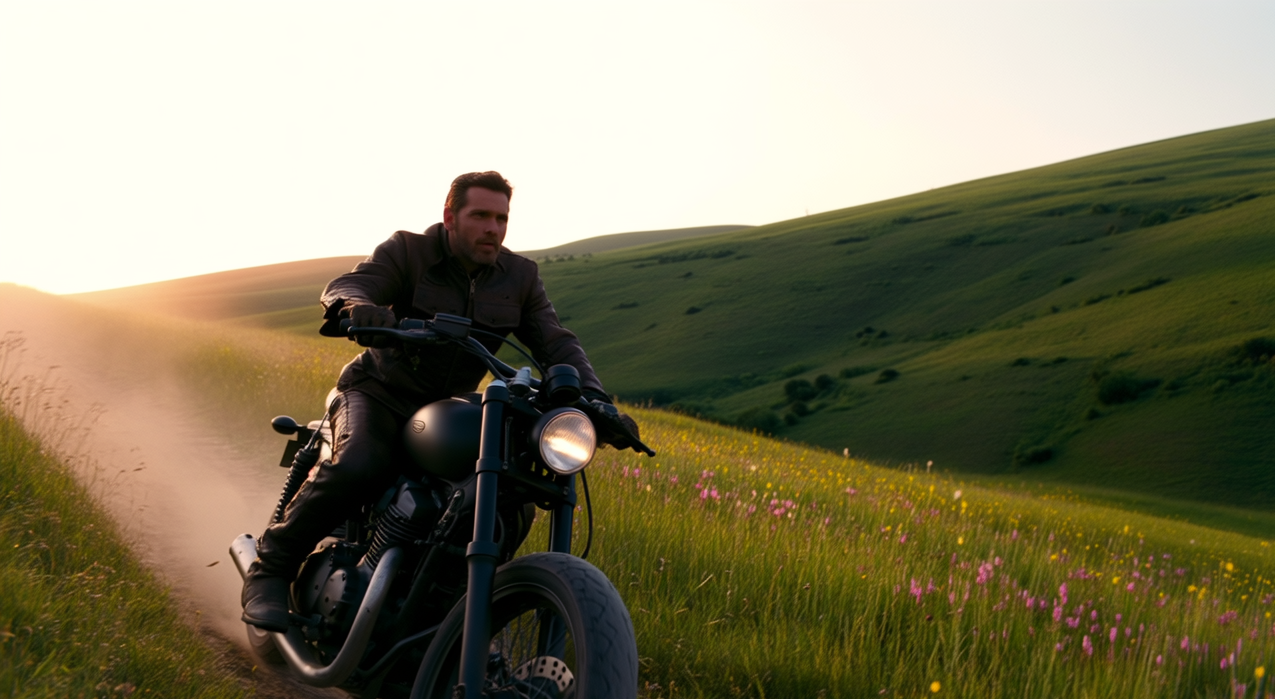I just tried Apple Watch SwingVision to up my tennis game — here’s what happened
A tennis coach on your wrist

If you know how to use the Apple Watch, you might know it’s great for tracking basic walks or runs, but it’s also capable of tracking a wide variety of workout and sport types. In my case, those workout types are often inspiration to try activities I wouldn’t do otherwise.
Take tennis, for example. I played some tennis as a teenager, and even took a few lessons to learn the game. It didn’t stick at the time, but I’ve recently rediscovered an interest after reading about how tennis is one of those “lifelong” sports you can play for decades, like golf. And after seeing my Apple Watch has a designed preset for tracking tennis in the workout app, the promise of closing my Apple Watch rings motivated me to hit my local court.
It’s one thing to play tennis in Switch Sports on my Nintendo Switch. Clutching the worn grip of my old racket in my hand while bouncing a fresh-out-of-the-can tennis ball on concrete is something else entirely. It’s something that felt soothing at first, then a bit spunky as I started moving around the court for a volley with my dad.
Tracking tennis with Apple Watch

The workout app in watchOS 9 has been redesigned, but the Apple Watch has been able to track tennis for several years. It doesn’t have auto-tracking like walking, running or outdoor cycling, so I had to locate and launch the workout among all the choices on my wrist (though I could’ve also asked Siri to start a tennis workout.)
As is the case for a majority of workout types, the Apple Watch Series 7 on my wrist monitored my heart rate, calories burned and time elapsed for tennis. Again, these are the same metrics I saw when I tried wearing my Apple Watch for hot yoga and went paddleboarding with my Apple Watch.
It took a bit for me to remember the rhythm of the game and refine my form. But eventually I picked up my pace around the court, as reflected by my heart rate. I kept my Apple Watch on my left wrist, where I normally wear it, so it didn’t get in the way of my right-handed serves or forearm shots. Though as one of the best smartwatches for sports, it sits flush enough to my wrist that it didn’t interfere with backhand swings, either. Meanwhile, the form-fitting Solo Loop, one of the best Apple Watch bands, kept the device secure to my wrist.
By the time I tired out, I had burned almost 200 calories, making a major dent in my activity rings. I also walked home from the court clear-minded, feeling like the movement offered a sort of meditation I might find in Apple Fitness Plus or in the Headspace app I’ve started using recently.
Sign up to get the BEST of Tom's Guide direct to your inbox.
Get instant access to breaking news, the hottest reviews, great deals and helpful tips.
SwingVision for Apple Watch

If you’re looking to take your tennis game to the next level, you might want to know about SwingVision. As one of the best Apple Watch apps for sports (it was even featured in an Apple Watch ad,) SwingVision leverages AI as well as the technology in Apple devices to create comprehensive reports of how you play.
I had the opportunity to try out SwingVision with representatives from the company, incorporating a demo of the technology with a short tennis lesson. The program required two devices for data collection: an iPad Pro overlooking the court from a very tall tripod and the Apple Watch on my wrist. But unlike playing tennis on my own, I had to switch my watch to my right hand for accurate swing analysis.
During the lesson, the SwingVision app on my wrist tracked my heart rate, calories, distance moved and number of shots. And after each individual shot, I could see specific details about my swing. Based on the movement of my wrist, SwingVision identified what kind of shot I made, how fast I hit the ball and the rotational speed of the ball. It quickly became a game for me to swing as fast as possible while keeping my shots in play.
For close calls at the lines, the iPad Pro’s recording could review the play thanks to the device’s 12MP Ultra Wide camera. Then, after the session, we looked at the data collected by the iPad Pro to see how I fared.
The SwingVision AI can filter every shot from the session based on what kind of swing I made and whether the shot was in or out. It can display the data on the graphic map of the court, as well as create video highlight reels — or lowlight reels, if you’re looking to work on trouble areas. The data and videos are then easily shareable with a coach or parent.
Should you try SwingVision?
As someone who loves sports stats, SwingVision delivers all the juicy data I want to know. Regrettably, becoming the next Serena Williams isn’t in the cards for me, so I don’t know what this data will help me.
Still, the free-tier of SwingVision supports up to two hours of shot tracking, video analysis and cloud storage per month. That’s probably more time than I’ll get to play on a monthly basis, making it a no-brainer to keep using the app for shot tracking from my wrist. I mean, how else will I know whether I’m getting better at slices?
I don’t think I’ll use it with an iPad Pro, mostly because I don’t own an iPad Pro and because it does require set-up before playing. SwingVision sells a fence mount that’s supposed to take some of the hassle out of getting a session started, but again, I’m comfortable in the “casual player” category.
That’s not to say I don’t see the value in the full experience. In fact, it’s great to see in-depth sport data democratized in a way anyone can work on their game. Apparently, the only way to get the type of data formulated by SwingVision a few years ago was with a $10,000 system installed on Pro-only courts. Now, with a $149.99/year SwingVision subscription, any player and any coach have access to highly-advanced tennis data with the help of some Apple devices.
Kate Kozuch is the managing editor of social and video at Tom’s Guide. She writes about smartwatches, TVs, audio devices, and some cooking appliances, too. Kate appears on Fox News to talk tech trends and runs the Tom's Guide TikTok account, which you should be following if you don't already. When she’s not filming tech videos, you can find her taking up a new sport, mastering the NYT Crossword or channeling her inner celebrity chef.

